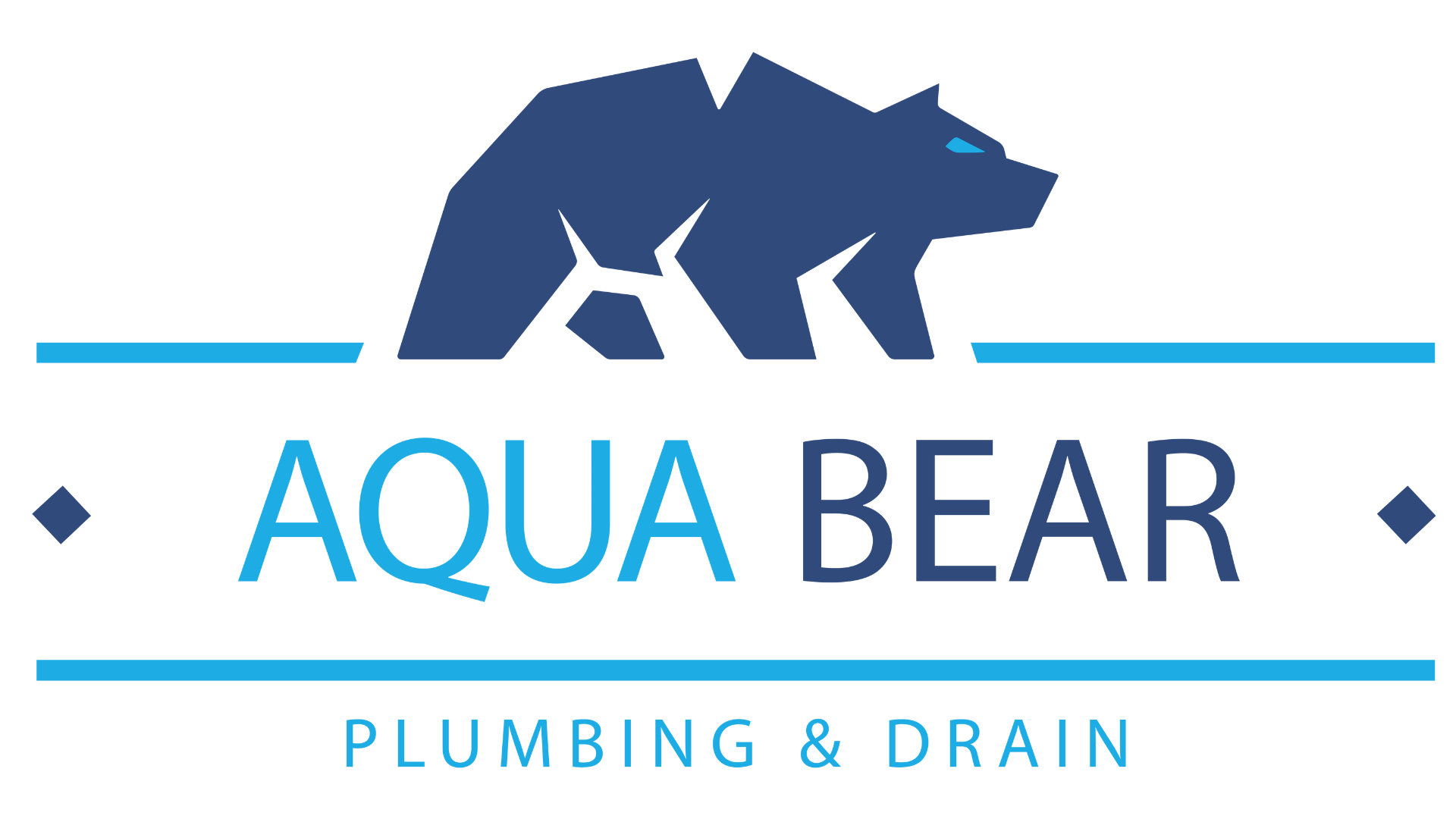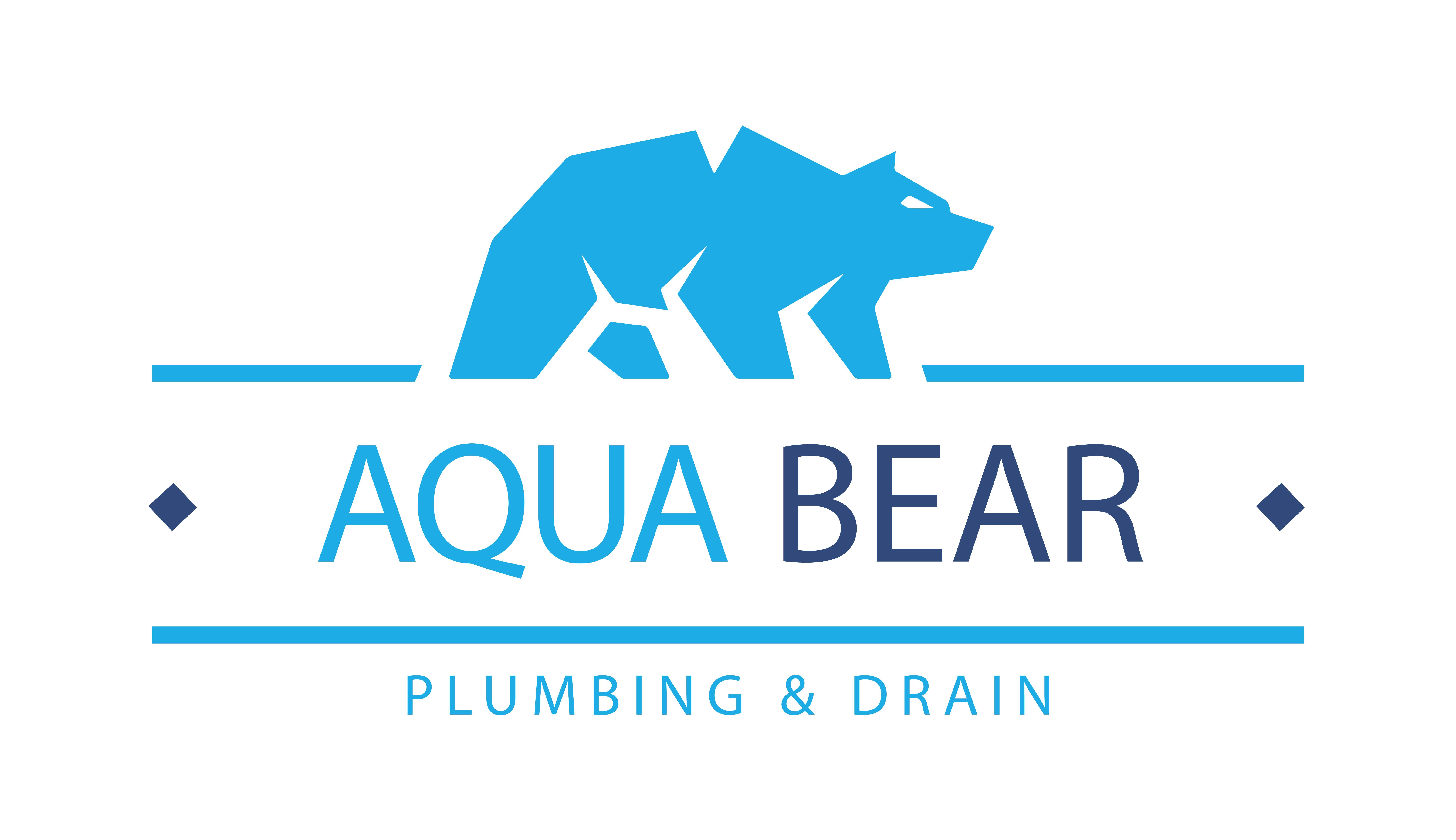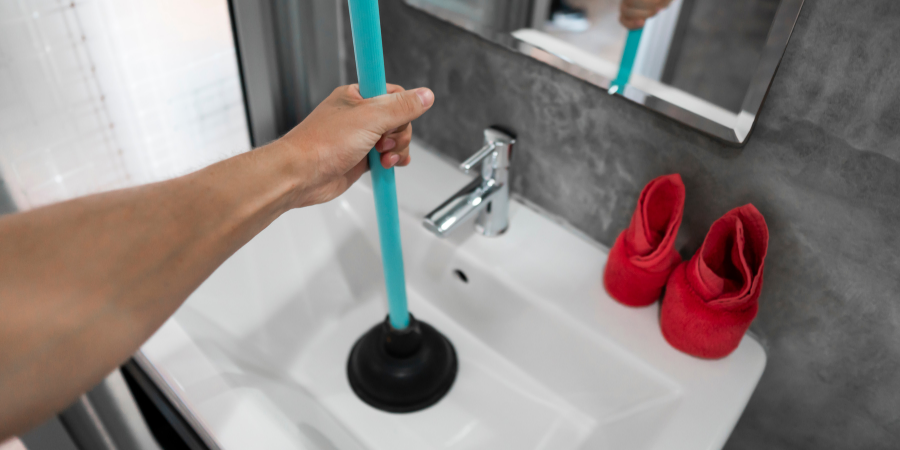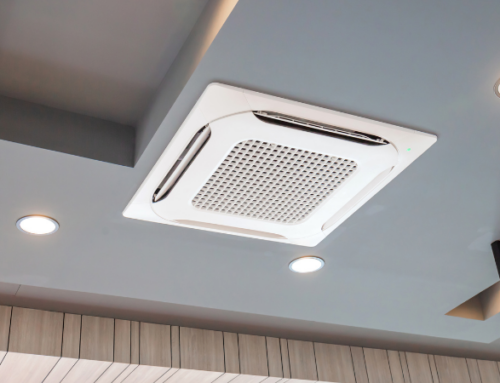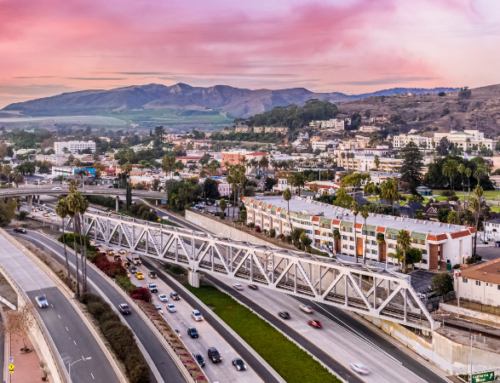An Ounce of Prevention
If you’ve ever had a kitchen sink clogged with grease and gunk, you know how frustrating it can be. Clogged sinks lead to backed-up pipes and potentially serious plumbing problems, but there are ways to prevent clogs in your kitchen once you become aware of some of the culprits.
Grease, fats, and oils are the number one enemy of sinks and should never be poured down the drain. The hot liquid congeals when it meets the cool pipes and hardens into blockages within the pipes. When frying foods or cooking bacon, allow the pan to cool completely and either pour the grease into an old storage container or line the pan with absorbent paper towels and wipe it clean.
A second common cause of clogs is food particles that have fallen onto the floor around your sink (and we all know how much fun it is to clean up those bits!). Because these particles are getting wet from regular use, they’re prone to mold growth which can cause them to deteriorate over time. To prevent this from happening: simply sweep up any debris from around your sink regularly!
You’re probably not thinking about your sink pipes when you’re cleaning the dishes or washing your hands. But if you have a clogged sink, it could be time to think about what might be going on.
Certain foods that contain high amounts of starch will also clog the sink pipes. Foods such as potatoes, rice, and pasta produce a thick paste when mixed with water, and coffee grinds become heavy and are unable to clear the pipes. Other fibrous foods such as broccoli and celery can become stringy and catch in the sink’s P-trap or wrap around the blades in your garbage disposal creating a web to catch food particles.
Tree roots can also create issues with your sink pipes and are often the offender when more than one sink is not draining. Tree roots search for moisture within the soil they grow. Even a tiny crack in your soil pipe will release enough water to attract tree roots. Over time, the roots intertwine with the pipes causing serious damage and costly repairs.
Clog Busters
One of the most common things to clog your kitchen sink is grease. This can be from cooking oil or food particles that have been rinsed away but not entirely washed down the drain.
If this is the case, there are a few simple remedies you can try before calling in a plumber. First, remove as much water from the sink as possible by pouring hot water down it or using a plunger. Next, mix one cup of baking soda with one cup of white vinegar and pour it into the drain. Wait 20 minutes and then flush the drain with very hot water. If that does not work, use a standard sink plunger also known as a cup plunger. This type of plunger works best because it sits firmly on the sink bottom and creates a good suction. Cover the drain with the cup and thrust down on the plunger at least 20 times to release any clogs.
If you’ve tried plunging, using a plunger, and other methods to unclog your kitchen sink and they haven’t worked, you may need to try something else.
If you have tried the methods above and still cannot unclog your sink, you will need an auger-cable or a plumbing snake which can be easily found in the hardware store. Pull out a foot or so of cable and then lock it. Slowly insert the cable into the drain and begin turning the crank on the side of the snake. Continue feeding more and more cable until you feel less resistance. Remove the auger and flush the drain with hot water. Sometimes you will need to open the P-trap and feed the cable into the drainpipe or wall pipe to remove more stubborn clogs. If none of these procedures work it is time to call a professional plumber to release your clog!
On-going Maintenance for a Healthy Sink
Maintaining your sink pipes is easy and will help eliminate future problems. A good idea is to mix equal parts of water and vinegar and freeze the liquid in ice cube trays. Once frozen, toss a few down the drain or into your garbage disposal to keep your drain pipes clean and fresh. At the end of each day run hot water down your sink with a drop of kitchen dish soap and once a week do the same with boiling water. This will melt any accumulated bits of food and grease that potentially could cause you problems.
It’s also important to remember that if you have a garbage disposal, it needs regular cleaning too! Make sure to run plenty of hot water down it every time you use it and periodically use a small brush or old toothbrush to take care of those hard-to-reach places where food tends to stick around longer.
Avoid the temptation to use harsh anti-clogging chemicals because they can cause damage to your body as well as your plumbing pipes, costing you more money in the long run!
Keeping your kitchen sink in good working order saves you time and aggravation. Using the tips in this article and your own good sense your sink will remain clean, fresh-smelling, and flowing smoothly and will prevent costly problems in the future.
Need help unclogging your kitchen sink? Contact us today. We are drain cleaning experts in Vista, North County.
